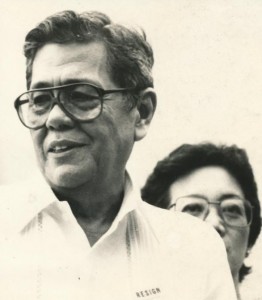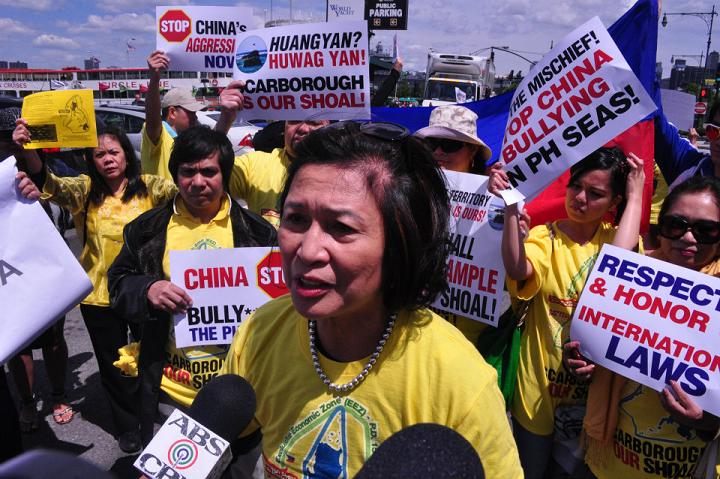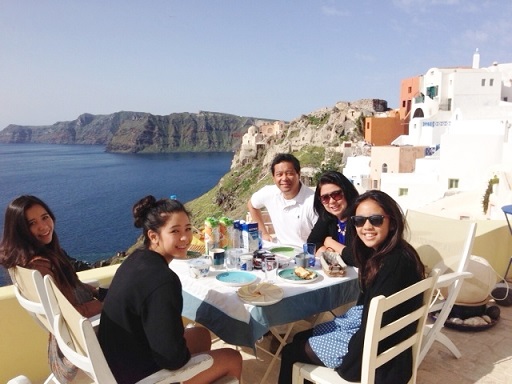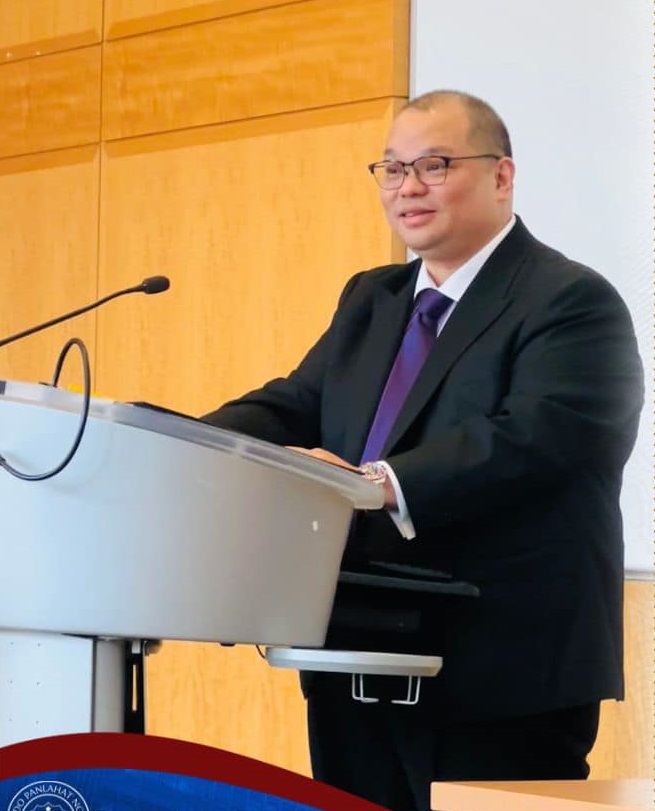Consul General: Countries demand that ‘rules be respected’ in South China Sea dispute

Consul General Senen Mangalile delivered a speech on the contribution of the 2016 Arbitral Award on the South China Sea to international law and the crucial role of the Permanent Court of Arbitration (PCA) in resolving inter-state disputes. The event was a panel discussion on March 4 at the Fordham Law School in New York.
“The [Arbitral] Award is a clarion call for states to respect legal processes and the principles enshrined in the United Nations Convention on the Law of the Sea (UNCLOS) to resolve disputes peacefully,” Mangalile said. “The ruling not only resolves specific legal questions but also contributes to the evolution of international maritime law, influencing future adjudications and state practices,” he added.
“The Philippines’ fervent hope is that actions intended to support and advance international law, including UNCLOS, in the South China Sea will be sustained and intensified. As more countries demand that rules be respected, we all contribute to having the South China Sea as a sea of peace and stability for the benefit of the coastal states and the broader community of nations that ply these waters,” he continued.
Meanwhile, Andrew Loewenstein, partner at Foley & Hoag LLP and former counsel of the Philippines in the South China Sea case, focused on the environmental aspects of the South China Sea dispute. He pointed to China’s massive artificial building of islands, illegal fishing of rare species in the Exclusive Economic Zone (EEZ) of the Philippines, and its environmental impact, among other issues of concern. He said that award was explicit in pointing out China’s failure to abide by international environmental norms.
On the other hand, Marryum Kahloon, senior associate at Gibson Dunn, discussed the flexibility of the PCA as an alternative platform for settling disputes. Eran Sthoeger, professor at Brooklyn Law School, focused on the unique role of the PCA in conciliation between states, citing the case of Timor Lester and Australia as an example.
In closing, Mangalile encouraged the audience of law students, lawyers, and scholars, to continue their interest and scholarship in international law to help sustain a rules-based international order.
The symposium offered an opportunity for the Philippines to contribute to academic discourse, foster understanding, and engage with a broader community. The Fordham International Law Association and the Leitner Center for International Law and Justice jointly organized the event.












